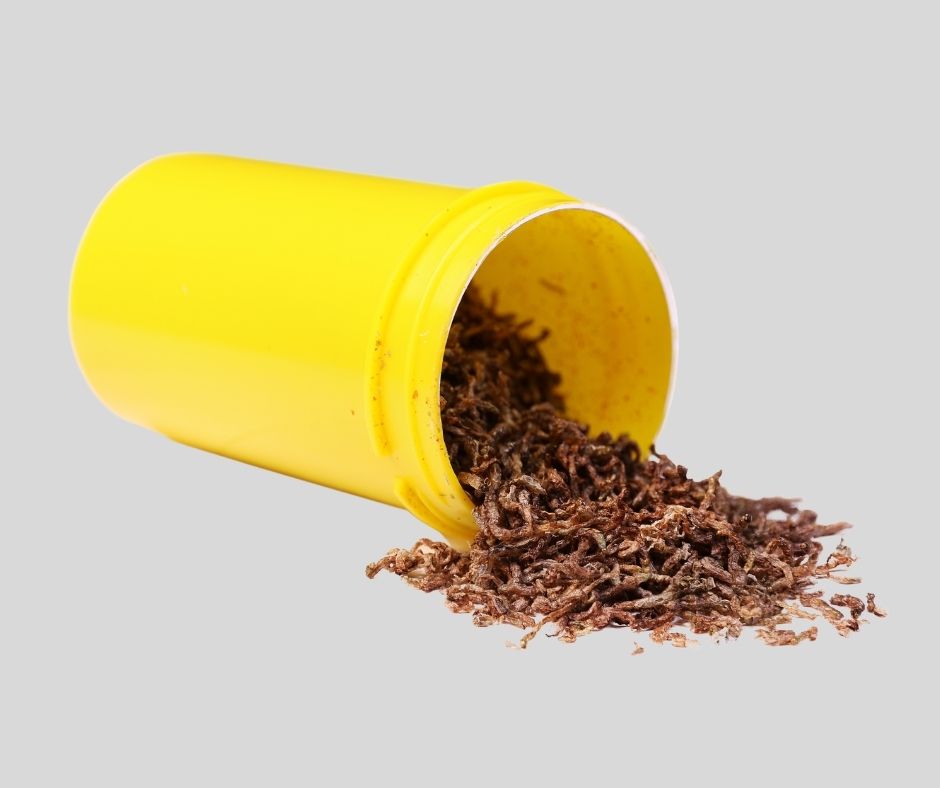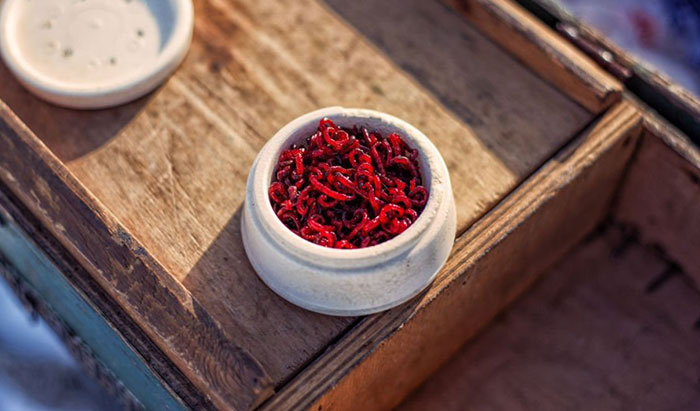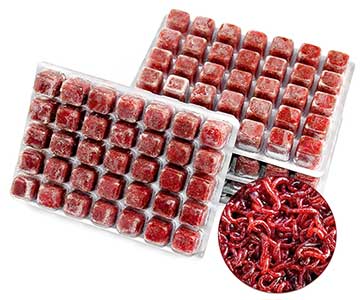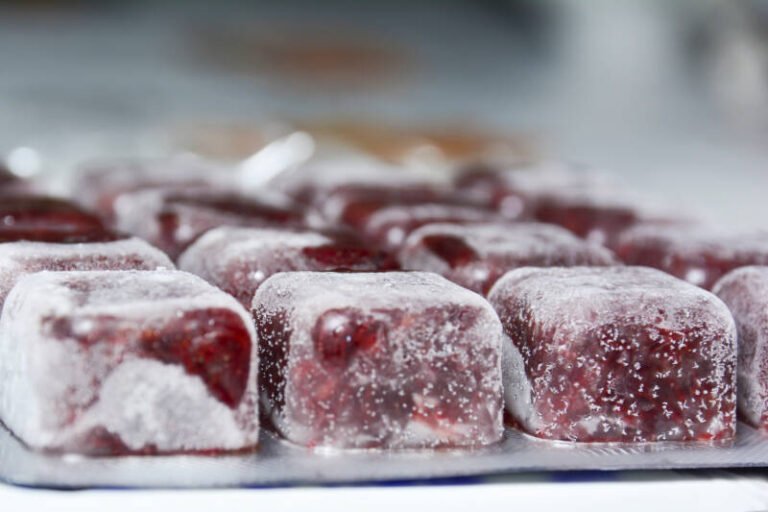How To Feed Frozen Bloodworms
Are you thinking about adding frozen bloodworms to your aquarium fish's diet? Feeding frozen bloodworms to your fish not only provides essential nutrients but also helps simulate their natural feeding behavior. However, feeding frozen bloodworms to aquarium fish can be challenging, especially for beginners.
Pain Points of Feeding Frozen Bloodworms
Feeding frozen bloodworms can be quite tricky due to their texture and the way they are prepared. As a result, some fish may not readily accept them, while others may overeat and cause health problems. Also, handling frozen bloodworms can be messy and time-consuming. It is essential to know the proper way to feed frozen bloodworms to avoid these challenges.
How to Feed Frozen Bloodworms
The first step in feeding frozen bloodworms is to thaw them in a separate container of aquarium water to avoid contamination. After thawing, introduce them to your fish gradually. Start by offering a small amount of bloodworms and observe how your fish respond. If they refuse to eat, try feeding them again the next day. To prevent overeating, never feed your fish more than they can consume in a few minutes.
Summary of How to Feed Frozen Bloodworms
Feeding frozen bloodworms to aquarium fish can be beneficial if done correctly. Thaw them in aquarium water, start with a small amount, and gradually increase the quantity. Do not overfeed your fish to avoid health complications. Handling frozen bloodworms can be messy, but the benefits outweigh the challenges.
Feeding Frozen Bloodworms to Betta Fish
Feeding frozen bloodworms to betta fish is an excellent way to provide them with essential nutrients. However, it is essential to ensure that they do not overeat. Overfeeding can lead to constipation, bloating, and other health problems. A personal experience I had with feeding frozen bloodworms to betta fish is that they are quite picky. Therefore, you must ensure that the bloodworms are fresh and of high quality.
Feeding Frozen Bloodworms to Discus Fish
Feeding frozen bloodworms to discus fish can be quite beneficial as they help improve their coloration and immunity. However, like betta fish, discus fish can be very picky. Therefore, it is essential to ensure that the bloodworms are fresh and of high quality. A personal experience I had with feeding frozen bloodworms to discus fish is that it took some time for them to accept the food. Therefore, you must be patient and persistent.
Tips for Feeding Frozen Bloodworms to Aquarium Fish
To enhance the feeding experience and prevent health complications, you can follow some tips. One of the tips is to ensure that the bloodworms are stored in a freezer immediately after purchase to maintain their freshness. Another tip is to vary the fish's diet to ensure a balanced intake of nutrients. You can also mix the frozen bloodworms with other types of fish food to make them more appealing.
Cleaning up After Feeding Frozen Bloodworms
After feeding frozen bloodworms, you must clean up any leftovers and debris. Leaving the debris cause water pollution, which can lead to health complications for your fish. You can use a net to scoop out the debris or a siphon to vacuum them out of the aquarium.
Question and Answer
Q: Can I feed frozen bloodworms to all types of aquarium fish?
A: Yes, you can feed frozen bloodworms to most types of aquarium fish as long as they are carnivorous and accept them.
Q: Can I feed frozen bloodworms to my fish every day?
A: No, it is not advisable to feed your fish frozen bloodworms every day as it may lead to overeating and health complications.
Q: How often should I feed my fish frozen bloodworms?
A: You can feed your fish frozen bloodworms twice a week as part of their diet.
Q: Can I use frozen bloodworms as the primary food for my fish?
A: No, frozen bloodworms should not be used as the primary food for your fish as it does not provide all the required nutrients.
Conclusion
Feeding frozen bloodworms to aquarium fish can be challenging, but it is beneficial when done correctly. Ensure that the bloodworms are thawed, offered in small quantities, and not overfed. Handling frozen bloodworms can be messy, but the benefits they provide outweigh the challenges. Follow the provided tips for feeding frozen bloodworms, and your fish will surely enjoy their meal.
Gallery
How To Feed Frozen Bloodworms? - Our Aquariums

Photo Credit by: bing.com /
How To Feed Frozen Bloodworms - Aquatic Eden

Photo Credit by: bing.com /
Discus Food 101 – Guide For Beginners – Discus Rescue

Photo Credit by: bing.com / bloodworms discus
How Do I Feed My Frozen Bloodworms To My Betta Fish? | HelpUsFish

Photo Credit by: bing.com / betta bloodworms helpusfish percentage
Using Bloodworms To Feed Your Aquarium Fish (Guide)

Photo Credit by: bing.com / bloodworms algaebarn fishtankadvisor